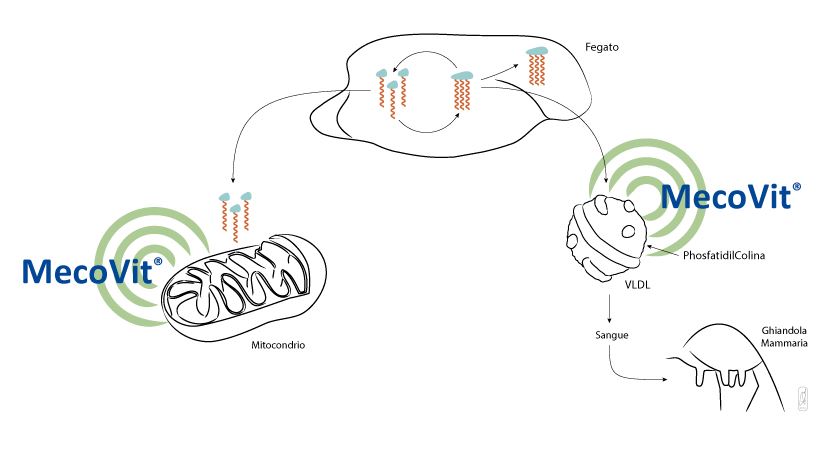Abstract
The continuous spread of antimicrobial resistance is endangering the efficient control of enterotoxigenic Escherichia coli (ETEC), which is mainly responsible for post-weaning diarrhea onset in piglets. Thymol, the key constituent of thyme essential oil, is already used in animal nutrition for its antimicrobial action. The aim of this study was to investigate the potential adjuvant effect of thymol to re-establish antibiotic efficacy against highly resistant ETEC field strains. Secondly, we evaluated the modulation of virulence and antibiotic resistance genes. Thymol showed the capacity to control ETEC growth and, when combined with ineffective antibiotics, it increased their antimicrobial power. In particular, it showed significant effects when blended with colistin and tetracycline, suggesting that the adjuvant effects rely on the presence of complementary mechanisms of action between molecules, or the absence of resistance mechanisms that inactivate antibiotics and target sites. Furthermore, our findings demonstrate that, when added to antibiotics, thymol can help to further downregulate several virulence and antibiotic resistance genes, offering new insights on the potential mechanisms of action. Therefore, in a one-health approach, our study supports the beneficial effects of combining thymol with antibiotics to restore their efficacy, together with the possibility of targeting gene expression as a pioneering approach to manage ETEC pathogenicity. For more information: marketing@vetagro.com Read the full article here.









